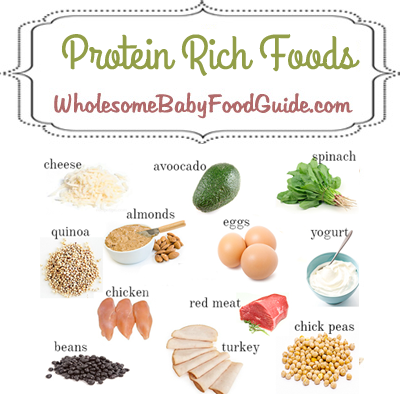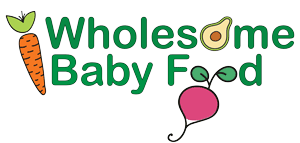 Protein is important for growth
Protein is important for growth
When asked what protein is, what would be your answer? We all know that we need protein in our diets and that protein is something that helps our bodies grow strong, keeps our muscles and tissues healthy, and is found largely in meats or dairy. Protein is what enables the healthy growth of our bodies and also is important for maintaining and repairing our cells. Protein helps keep our skin healthy, our fingernails strong and also helps our immune systems make antibodies to take on germs, viruses, bacteria, and other things that can cause illness.
There is no part of our body or bodily function that protein does not play an important part in. Did you know that there are actually 2 types of proteins? Complete and Incomplete. Complete Proteins are those that contain all of the essential amino acids and it best sources are meat, eggs, dairy and nuts and seeds. Incomplete proteins are those that are lacking in 1 or more of the essential amino acids. Plant foods such as legumes, grains, fruits and vegetables are considered to contain the incomplete proteins. Without amino acids, protein would break down and our muscles, tissues and even cells would weaken and degenerate.
QUINOA – Did you know that besides soy, the quinoa grain is a source of complete protein? It contains all the essential amino acids that our bodies need and makes a wonderful addition to your baby’s diet. For a super nutritious protein packed meal, make the family a Quinoa Pilaf that baby can enjoy too!
When we eat or drink protein, we are helping our bodies obtain amino acids. Amino acids are not stored in the body so it is important that they are obtained daily through diet. Our bodies can produce 10, though some say 11, of the amino acids we need however we rely on food sources to get the other 10 essential amino acids.
Formula and/or breast milk contain adequate amounts of protein for your baby but when your baby begins to eat solid foods, it is important to offer her foods that contain protein.
Protein RDA for Infants and Children
Infants up to 1 year 11 grams
Children 1–3 years 13 grams
Children 4–8 years 19 grams
The RDA for protein is based on weight after the age of 1 year and is calculated at 0.55 grams per pound. Meat is one of the best sources of complete protein available. One of the most important reasons that parents are urged to begin to introduce meats is for the protein factor in addition to iron. It is typical for meat to be introduced into the diet in the 7-9 month age range.
Whether or not you choose to introduce meat into your baby’s diet prior to 12 months of age, if at all, is entirely a personal decision. Protein does not have to come from meat and meat itself is not a necessity in an infant’s diet; it is protein and minerals that are the necessity. Your child can receive all the proteins needed by combing foods that contain both the complete and the incomplete proteins without ever having to eat meat.
- peanut butter (consult your pediatrician about the appropriate age for introducing peanut butter!) and bread
- black beans and rice with grated cheddar cheese
- cottage cheese with avocado and whole wheat bread, milk and any grain cereal.
It is important that you carefully consider the exclusion of meat from your child’s diet and what the possible ramifications might be. It is most important that you consult with your pediatrician and/or a registered dietitian prior to embarking on a “meat-free” or other form of vegetarian/vegan diet for your baby as his first birthday approaches.
